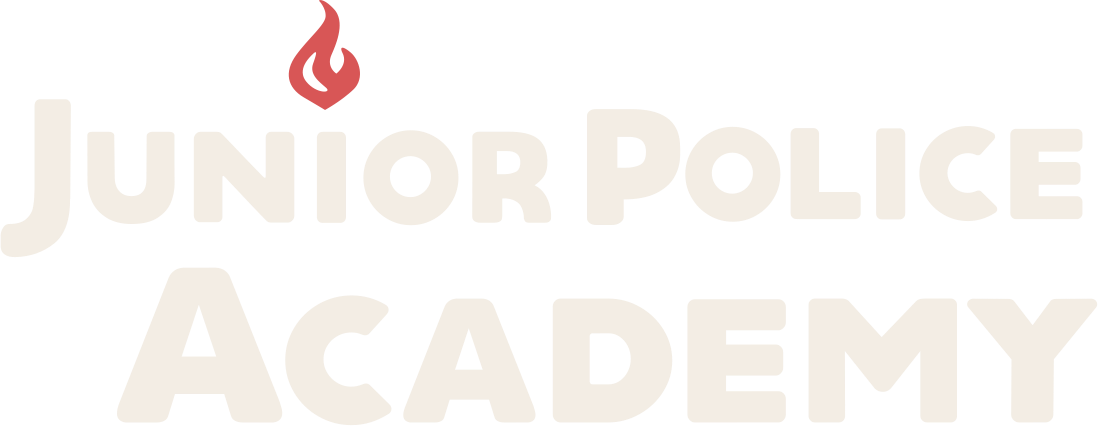Understanding ACEs Can Prevent School Shootings
As a School Resource Officer you wear so many hats and have so many different job descriptions. You are law enforcement officers but also serve as mentors, counselors, teacher, mediators and big brothers/sisters.
You are role models and heroes for these young citizens.
“We may think that student behavior at a given moment is driven by something trivial, but it often has much deeper roots than what’s visible on the surface. ”
Justin Schlottman tells us the truth. The kids that you serve are fighting dragons that we might not see but which can manifest in behaviors at the slightest provocation.
When the SRO has developed trusting and safe relationships with students, those dragons can be vanquished. Sometimes, the SRO is the only one who can save the day.
Why Understanding ACE’s is Critical to School Safety
There are several new tools available to SROs and school systems that can enable us to deliver more meaningful help and guidance to children and adolescents.
Becoming aware of Adverse Childhood Experiences (ACEs) and Trauma Informed Care are among those important research based tools. Becoming ACEs aware and Trauma Informed will allow us to build safer schools.
Here are some ways to better understand what you can do with ACEs and Trauma Informed Care at school.
Every SRO can join ACEs Connection to learn more about Adverse Childhood Experiences. Officers can receive free training by visiting the online Central Texas trauma resource Communities in Schools. ACEs Connection also has a good article which provides basic ACEs/Trauma information for SRO’s that is a must-read.
After receiving ACEs training, SROs can spearhead the use of ACEs questionnaire at the schools they serve. The SRO can influence school counselors and administrators better than anyone else. They have already gained the trust and confidence of faculty and students due to positive relationship building.
Encourage school administrators, school boards, and other decision-makers to host a screening of Paper Tigers utilizing their extensive resource guides and press kit. This is a great start to easing zero tolerance policies while instituting trauma informed policies to end school violence.
Expand the role of School Resource Officers by having them conduct Risk Assessment Checklists. Data gathered which would identify students who have a high potential for harm could be kept confidential to avoid target profiling or treating at-risk kids with suspicion. It could also divert traumatized kids to specialized trauma informed alternative schools which already exist in almost every county.
Focusing on trauma, however, can lead us to over-focus on negative events to the neglect of protective and positive factors. Collecting details of adverse situations in people’s lives is necessary but falls short when delivering resilience that kids need to flourish. Trauma Informed Care is essential but is incomplete if we fail to focus on individuals’ character strengths and competencies. Action-oriented interventions are completely in the prevue of School Resource Officers.
So just what is Resilience? Psychology Today describes it like this;
“Resilience is that ineffable quality that allows some people to be knocked down by life and come back stronger than ever. Rather than letting failure overcome them and drain their resolve, they find a way to rise from the ashes. Psychologists have identified some of the factors that make someone resilient, among them a positive attitude, optimism, the ability to regulate emotions, and the ability to see failure as a form of helpful feedback. Even after misfortune, resilient people are blessed with such an outlook that they are able to change course and soldier on.”
The first thing which must happen is that kids have to start thinking of themselves and seeing themselves differently. So, with Resilience in mind, I will offer three handouts of presentations, and workshops/discussion groups which I have developed over the years. Feel free to use them. They are designed to empower and inform kids of their inherent ability to overcome and succeed despite (or even because of) negative things that have happened in their lives.
You Are A Super Hero
Understanding and Taking Action
What Makes You Unique; Creating Six-Word Memoirs
Nothing I can think of is much more important that the work you are doing as SRO’s. The future of our school children and well-being of our communities is in your hands.
“We must be willing to let go of the life we planned so as to have the life that is waiting for us.” ~ Joseph Campbell
Robert Kenneth Jones is an innovator in the treatment of addiction and childhood abuse.
In a career spanning over four decades, his work helping people recover from childhood abuse and addiction has earned him the respect of his peers.
